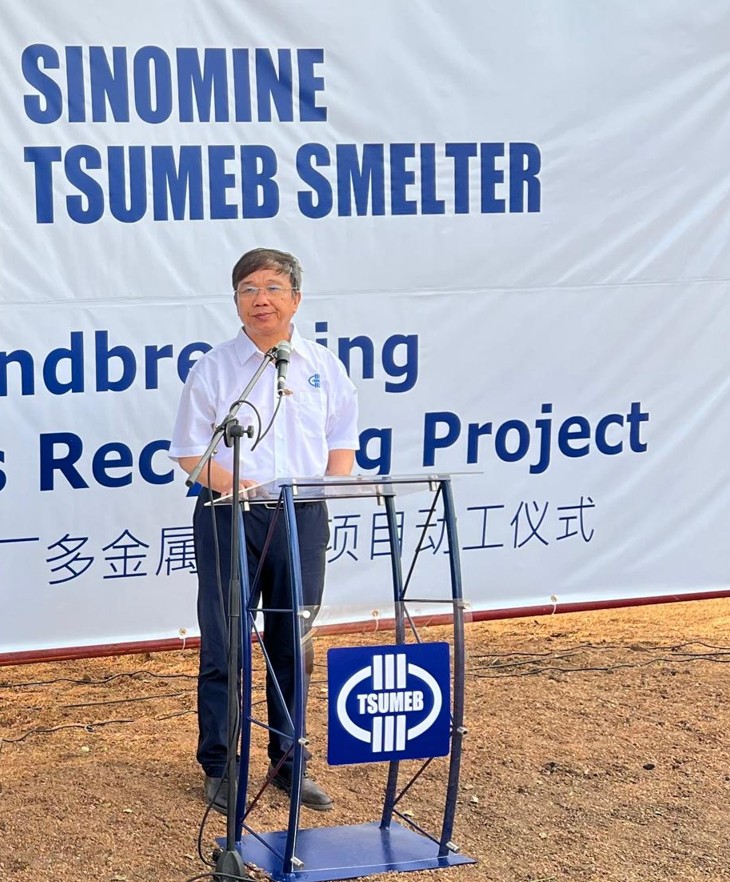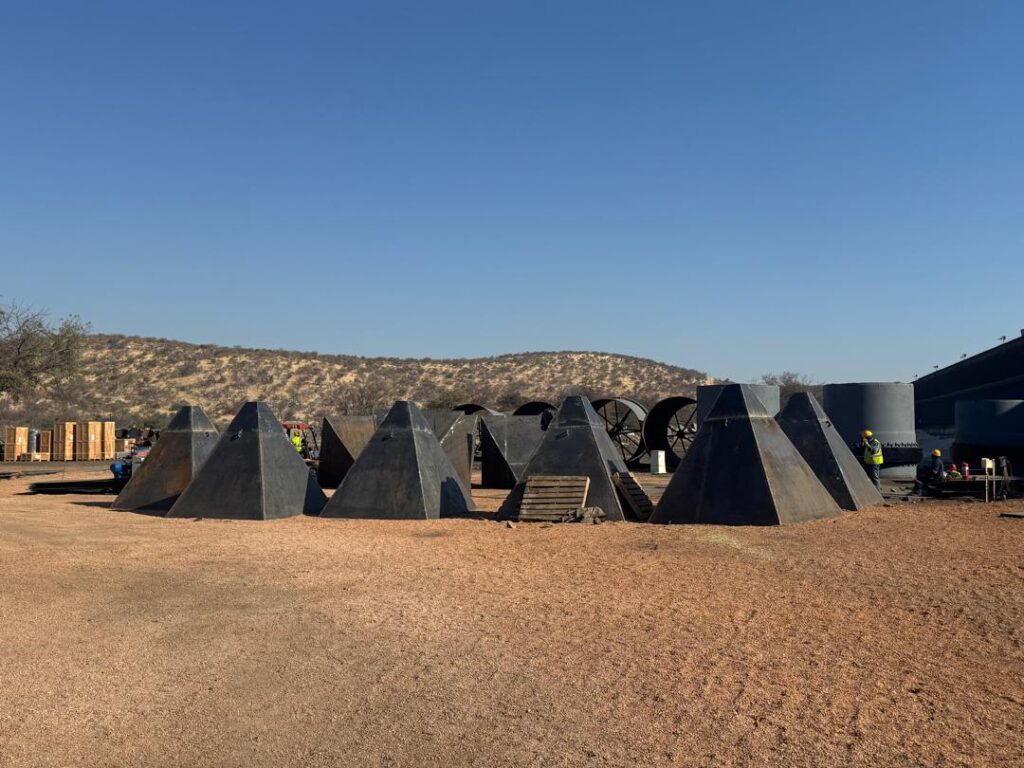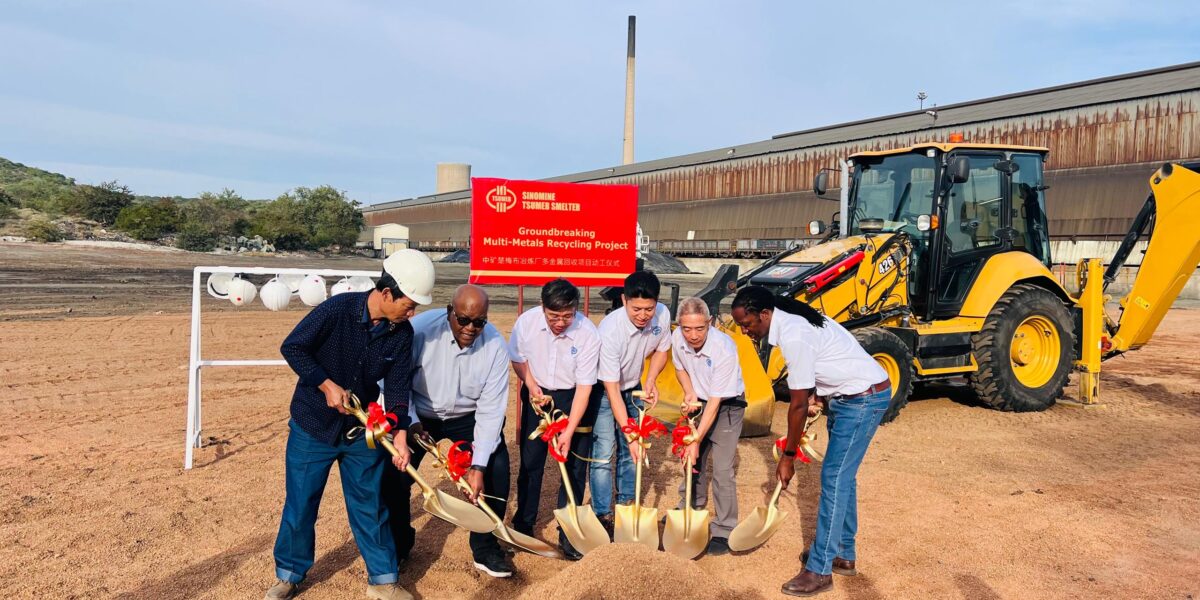Sinomine Tsumeb has been navigating significant challenges driven by unfavorable conditions in the copper concentrate market, including limited availability of copper concentrate and declining treatment charges. Copper concentrate serves as the primary feedstock for the smelter, while treatment charges represent its main source of revenue. In response to market conditions, the company has implemented a series of strategic measures focused on ensuring long-term business sustainability.
A key step in this strategy to safeguard business viability and protect shareholder value was the company’s decision to undertake a comprehensive cost review, resulting in the placement of its loss-making copper smelting operations on care and maintenance. This temporary measure is intended to preserve its infrastructure and allow for a smooth restart when market conditions improve. Additionally, to support long-term sustainability, the company introduced a voluntary separation program for employees, along with other cost-reduction initiatives.
As a responsible corporate citizen, Sinomine places stakeholder engagement at the heart of its strategy. The company continues to proactively engage with stakeholders to align its vision with ongoing sustainability efforts.
The voluntary separation program is designed to provide employees with flexibility and the opportunity to make decisions that align with their personal circumstances, while the company adapts to shifting market dynamics.
“Sinomine is committed to working closely with all stakeholders, including the government and its agencies, to achieve an amicable outcome during this difficult period,” said Loggan Lou, Chief Executive Officer at Sinomine Tsumeb Smelter.
Despite scaling back its smelting operations, Sinomine remains focused on long-term growth aligned with Namibia’s National Development Plan (NDP) objectives.
“While our smelting operations are being scaled back in response to the current market environment, Sinomine remains focused on effective engagement and sustainable, long-term growth,” added Lou.

As part of its forward-looking strategy, Sinomine is progressing with the development of its N$2 billion Multi-Metals Recycling (MMR) Project. In May 2025, the company reached a key milestone by securing an Environmental Clearance Certificate from the Environmental Commissioner, paving the way for project implementation.
The MMR Project will bring advanced processing technology to Namibia, supporting the circular economy by recovering critical minerals from legacy slag at the Tsumeb site. This initiative will not only reduce environmental exposure but also generate significant local benefits, including the creation of 150 to 200 jobs during the construction and commissioning phases.
According to Lou, the project aligns with both Namibia’s NDP6 objective of preserving manufacturing jobs and the United Nations Sustainable Development Goal 12 on Responsible Consumption and Production, which emphasizes recycling to minimize waste and reduce resource extraction.
Construction of the Multi-Metals Recycling Project began in June 2025 and will be implemented in three phases. The first phase is scheduled for completion by Q4 2025, with full project completion targeted for 2027. The facility is designed to operate for an estimated lifespan of 15 to 20 years.
“Once operational, the Multi Metals Recycling Project will position Tsumeb as a regional leader in sustainable resource recovery, supporting NDP6 goals, advancing UN SDG objectives, and contributing meaningfully to Namibia’s broader industrial transformation and environmental sustainability agenda,” Lou concluded.


